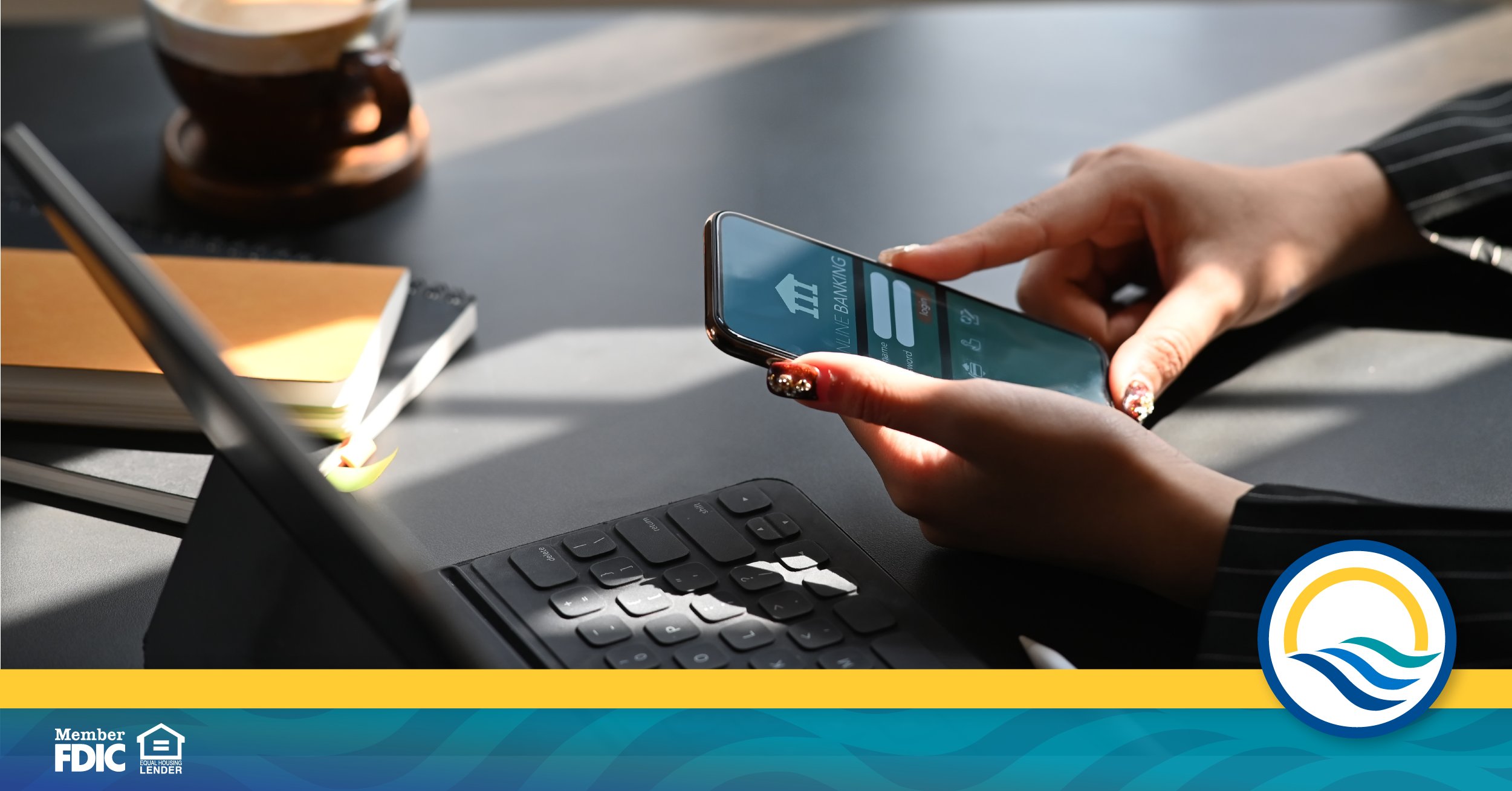How Online Banking Works: A Beginner's Guide

There’s so much that can be done with greater ease online, and that includes managing your money. Online banking is a feature offered by nearly every type of financial institution, and it offers a great deal of convenience and flexibility. By learning how to leverage online banking — and how to keep yourself safe in the process — you can take control of your finances without ever having to leave the comfort of your home.
What is online banking?
As the term implies, online banking is a technology that allows you to carry out financial transactions over the internet using your browser or a dedicated app. Per Investopedia contributor Jake Frankenfield, you can use this service for most common services offered by your financial institution, including paying bills, transferring money between accounts, and even depositing checks using your smartphone camera.
Online or mobile banking has grown to such a degree that some financial services will even allow you to open new accounts, manage investments, and apply for credit cards or mortgages through their app or website. There are some obvious limitations to online or mobile banking — for example, you aren’t able to deposit cash into one of your accounts. For these and some other services, you’ll need to visit your local branch or an ATM.
Mobile banking apps also offer several helpful tools that can help you manage your wealth, pay bills on time, and track and prevent potential fraud. As The Balance contributor Justin Pritchard writes, you can use this feature to monitor your accounts more often, which could help you identify fraudulent transactions more quickly. And you can use online banking to freeze accounts, report stolen cards, or speak with representatives at your financial institution.
Is online banking safe?
The fact of the matter is that there’s no 100% certainty of safety online, and that may make things like banking and shopping online feel risky. But you can be confident that your financial institution is taking the steps necessary to protect you, your information, and your identity. NerdWallet Senior Writer Margarette Burnette writes that antivirus protection, encryption, and 24/7 fraud monitoring are all standard operating procedures for online banking.
Moreover, you can take steps on your end to make your online banking experience safer and more secure. As Burnette notes, many financial institutions offer or even require multifactor authentication, which requires a second level of verification after entering your password. This might include biometric data like facial or fingerprint recognition or a unique code sent to your phone or email.
While multifactor authentication protects your account, the importance of a strong password cannot be understated. Burnette recommends longer, complex passwords with a mix of uppercase and lowercase letters, numbers, and symbols. Try to avoid using any information that could be easily guessed based on your presence on social media, like your name or birthday.
You can also leverage online banking to help you stay on top of safety. Your financial institution’s app or website likely offers tools that allow you to set custom notifications whenever there’s a purchase or transfer made that exceeds a dollar amount of your choice. You can also use this feature to get alerts when your balances drop below a certain amount, which can help you avoid overdraft fees.
Online banking can be a tremendous asset that helps you manage your money, save more, and avoid being a victim of fraud. To learn more about the benefits of online banking and how to use it, reach out to your financial institution.
